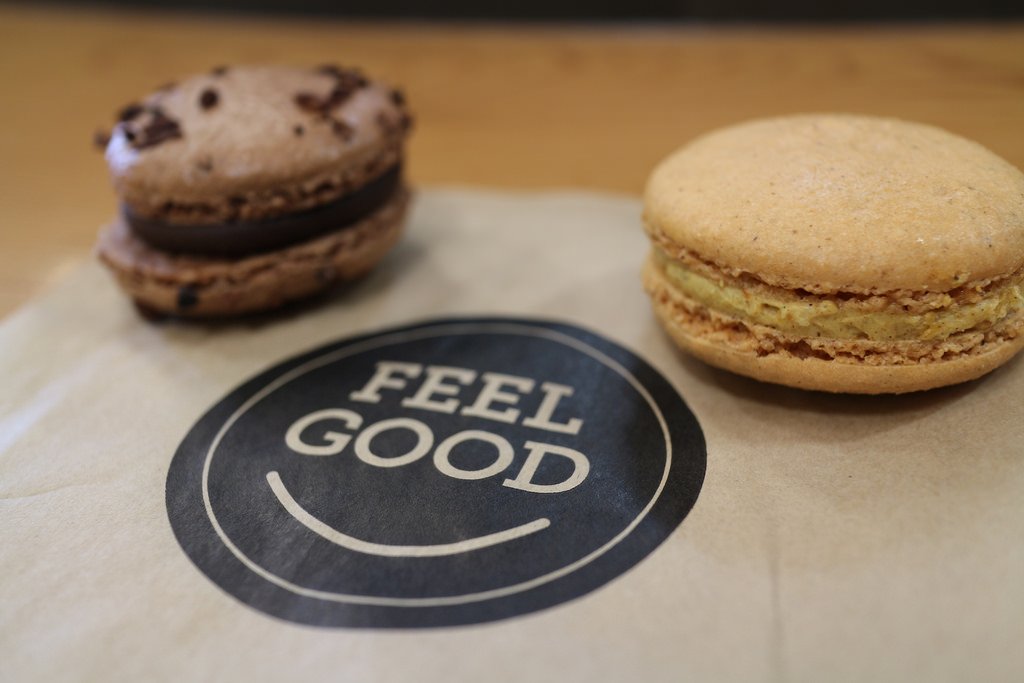
The teen years are formative years—your child is finding their way, trying to determine who they are as an individual. These are also volatile years and your child may often seem frustrated, unhappy, distant, angry and selfish. They’re navigating development and looking for examples to learn from (even if it doesn’t seem like they’re paying attention). You play a vital role in showing them what it means to be kind, so here are some tips for guiding them during this difficult years.
A Kind Person is a Happy Person

Parents want their children to be happy. It makes perfect sense, then, that you would do nice things for and give nice things to your child. A study called Kindness Counts found that kids who performed acts of kindness reported increased feelings of happiness and self-satisfaction, while also gaining friends, supporting the theory that acts of kindness are greatly beneficial. It is important to enable and encourage your child to be a giver of kindness and they’ll see the results in how they feel and how their friends react.
A Kind Person is a Healthy Person

In his book Why Good Things Happen to Good People, professor Stephen Post looks at how being kind is actually, physically, good for you. He says, “It’s difficult to be angry, resentful, or fearful when one is showing unselfish love towards another person.” Now, isn’t that the truth?
Kindness Begets Kindness

Encouraging your teen to be kind not only helps them, it helps society in general. Recent research shows that generosity is contagious in a monkey see, monkey do kind of way. Human beings are prone to mimicry, meaning when one person is exceedingly kind or generous, others are more likely to be kind or generous. When your child performs an act of kindness, they are likely to influence their peers, spreading kindness even further.
Be Kind Together

Your teen is looking for an example and, oftentimes, that example is you. Instead of simply talking with your child about the positives of being kind (which is a good place to start), make ‘being kind’ a project that you both share.
Volunteer

Get out in the community with your child. Pass out meals at your local homeless shelter, write to a deployed service member, look into opportunities at nursing homes and hospitals, or become a mentor. There are always people and organizations in need. Don’t hesitate to get involved and bring your teenager along so that they can experience the joys of giving to those in need first-hand.
Stay Informed

There is so much suffering in our world today—for example, the European migrant crisis is at the forefront of global news. Hundreds of thousands of people are in need across the world; encourage your teen to keep up with current affairs, encourage an informed atmosphere, and talk to your child about the plight of others. Knowledge is power, after all.
Feel Good

Remind your child that being kind actually feels great. Good-doers often report physical feelings of warmth, energy, tranquility and greater self-worth and a 2005 study showed a link between kindness and a gene that releases dopamine (the feel-good chemical) in the brain. Whether it’s a simple smile in the hall or doling out soup to the hungry, being kind is always a worthwhile endeavor.
Feature Image: Zack Minor


